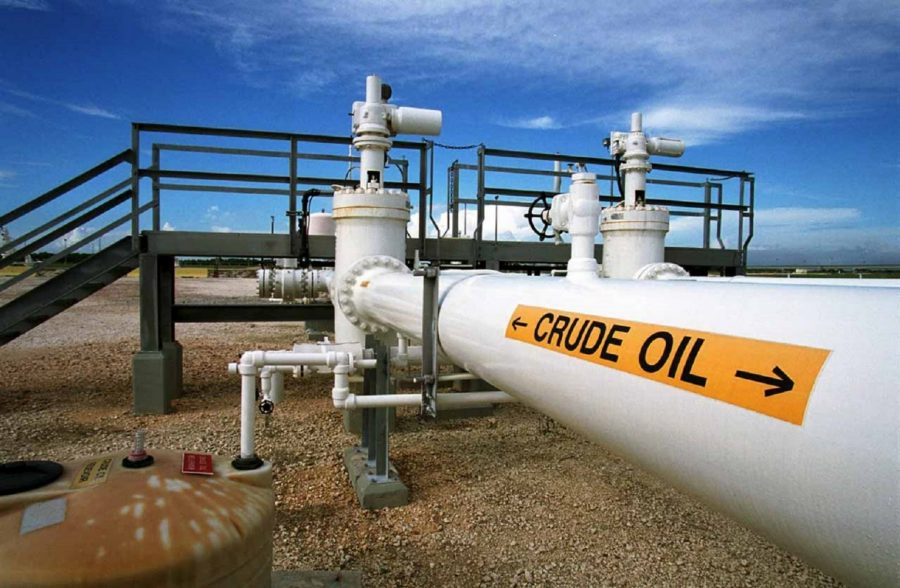The Organisation of the Petroleum Exporting Countries (OPEC) says Nigeria’s crude oil production increased to an average of 1.238 million barrels per day (bpd) in the month of June 2022.
The figure is a far cry from the 1.766 million barrels of crude oil per day that was allocated to Nigeria as production quota for June by OPEC.
This disclosure is contained in the Oil Market Report for July 2022 by OPEC where it was stated that the country’s crude oil production averaged 28.72 million barrels per day in June 2022.
OPEC has announced it has increased Nigeria’s crude oil production quota from 1.766 million barrels a day in June to 1.799 million barrels per day for the month of July.
The report said the figure showed an increase of 5,000 barrels per day when compared to the 1.233 million barrels per day produced averagely in the month of May 2022.
What the OPEC report is saying
The report stated, “According to secondary sources, averaged 28.72 mbpd in June 2022, higher by 234,000 barrels per day month-on-month.
“Crude oil output increased mainly in Saudi Arabia, the United Arab Emirates, Iran, Kuwait and Angola, while production in Libya and Venezuela declined.’’
The report said despite the improvement in fossil fuel prices, the short-term economic outlook for Nigeria was affected by high inflation, which had reduced private sector optimism and weakened consumer spending.
It said in May 2022, the composite Consumer Price Index rose to 17.7% year-on-year from 16.8% y-o-y in the previous month.
It added, “In response to the elevated inflationary pressures, the Central Bank of Nigeria raised its policy rate by 150 basic points to 13 per cent bringing borrowing costs to the highest since April of 2020.
“It was the biggest rate hike since July of 2016 amid concerns that persistent inflationary pressures could weigh on the country’s fragile recovery.
“Meanwhile, the Stanbic IBTC Bank Nigeria Purchasing Manger’s Index fell to 50.9 in June of 2022 from 53.9 in the prior month, pointing to the weakest improvement in business conditions in Nigeria’s private sector since January of 2021.
“Overall, the above-average fossil fuel prices support a firmly positive outlook for the rest of the year, but concerns over soaring inflation would increase uncertainty next year.’’
What you should know
- Nigeria has struggled to meet its crude oil production quota as the Nigerian oil and gas industry has been facing a lot of challenges recently as the oil output had been quite low.
- This had been attributed mainly to sabotage and crude oil theft as OPEC+ had been gradually relaxing its output cuts in place since the outbreak of the Covid-19 pandemic in 2020.
